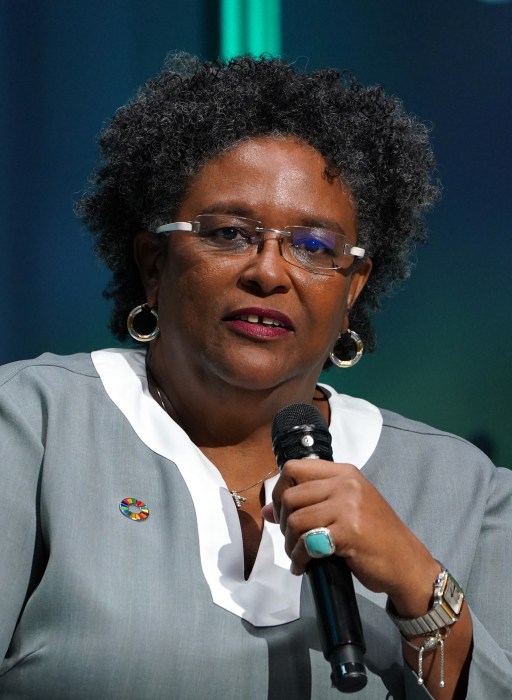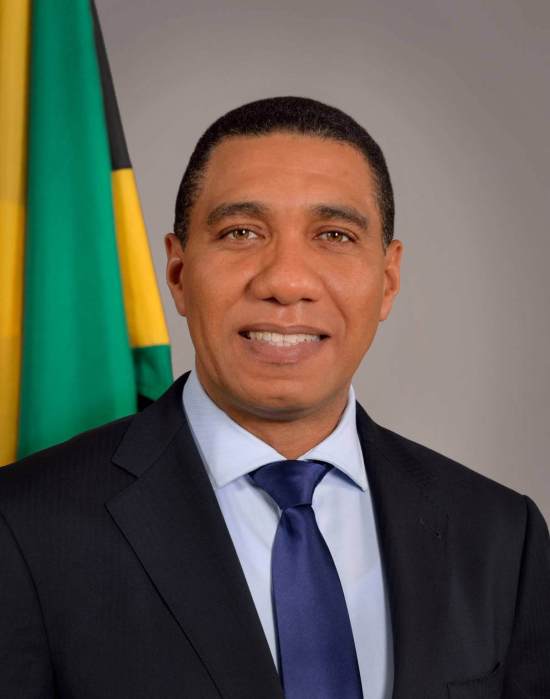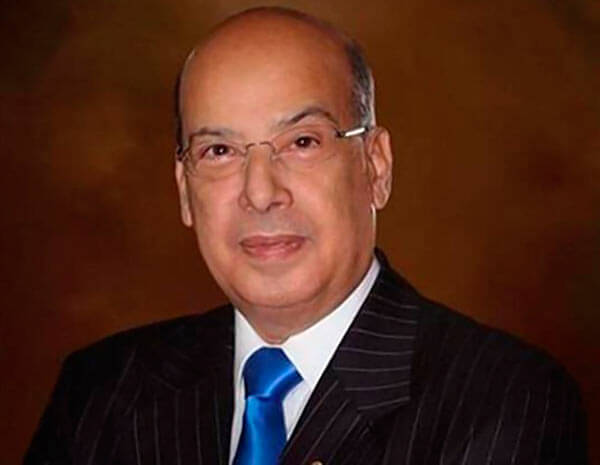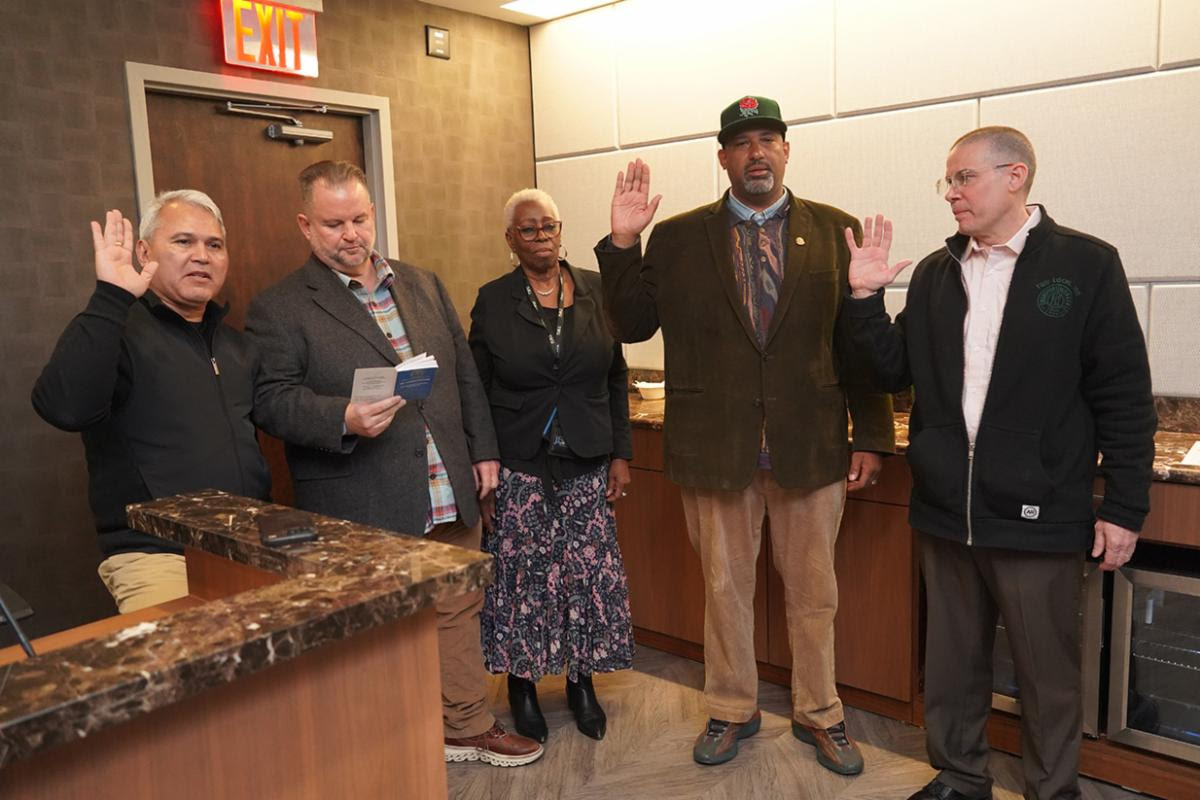Caribbean Community (Caricom) leaders head to Suriname this week for their annual mid-year retreat with what would normally contain a list of mundane agenda items on their plate, but recent grumblings from one of the most influential among the current bunch could generate enough sound bites and quotes to make the two-day summit starting on Thursday a memorable one.
For one thing, Prime Minister Ralph Gonsalves of St. Vincent and the Grenadines, usually the most outspoken of leaders at any forum which he attends, has already signaled his intention to highlight a string of “grouses” he and the Caricom sub-grouping — the nine-nation OECS, have with the regional integration movement, not the least among them being limited development aid available to the smaller island-nations.
Gonsalves says in a most recent letter to colleague prime ministers and presidents that he has some “specific grouses” linked mostly to what he called the “limited capitalization of the Caricom Development Fund (CDF) and “the veritable collapse” of the petroleum fund that Trinidad under the previous Patrick Manning administration had offered to sister bloc nations.
Since Kamla Persad-Bissessar became the Trinidad and Tobago (T&T) prime minister nearly two years ago, she has signaled that millions in grant aid from the petroleum fund would dry up because T&T “is not the ATM” of the Caribbean. And judging by Gonsalves’ interpretation of the state of play, it appears that Port of Spain has carried through with threats to whither up the fund to virtually no releases in at all in recent months.
Railing against alleged unfair competition and the inability of the regional powers-that-be to level the playing field, the second-term prime minister argued that manufacturing is on the decline in the OECS, and fingered Trinidad as being one of the main culprits of unfair trade and competition.
Trinidad also came into his sights for offering its own carrier, Caribbean Airlines, a fuel subsidy that makes it unprofitable and harder for Antigua-based commuter airline, LIAT, to continue its lifeline services to islands across the region. LIAT, he says, might well approach the regional trade court to resolve the issue.
There is a “prevailing sentiment” in the OECS that “Caricom’s service to, and sensibility towards, the OECS member-states are less than desirable,” he noted, contending that “some of these complaints are more easily addressed than others but that they are all evidently soluble if we are committed, on an on-going basis, to solving them. If not satisfactorily alleviated, these problems or limitations would fester further; in time they are likely to become septic and debilitating,” Gonsalves said.
Other agenda items would as usual include a review of the functioning of the single trading market, the debilitating turmoil in West Indies and Guyanese cricket, the visit of the president of Chile and Haiti’s continuing struggle to get back on its feet after the January 2011 devastating earthquake that reportedly killed more than 300,000 as all roads lead this week to Paramaribo, the Surinamese capital.



























